
views
Phase 3 of the consultations on the Uniform Civil Code (UCC) will begin shortly, where Law Commission representatives will go to various districts, and hold conferences and public meetings to remove the misconceptions and myths in the minds of citizens due to a lack of information, among other reasons, the executive body’s chairman told CNN-News18 in an exclusive interview on Friday.
What happened in previous phases
“In the last two phases, we have met and discussed with eminent people who are in the field relating to the issues involved in the Uniform Civil Code. In this regard, we have consulted various scholars who have written books and are of eminence such as educationists and researchers who have done considerable work on the issue relating to personal laws of various religions,” said Ritu Raj Awasthi.
In an exclusive interview with CNN-News18, Law Commission of India chairman Rituraj Awasthi said more meetings are required to finalise any decision on 'One Nation, One Election' (ONOP)@anany_b shares more details @AnushaSoni23 | #OneNationOnePoll pic.twitter.com/8GpMapCDB5— News18 (@CNNnews18) September 29, 2023
The Law Commission has also held consultations online with scholars of various countries, especially those where such a code or similar law exists, for better understanding, he told CNN-News18.
“We’ve also met various religious scholars and representatives of various bodies representing Muslims, Parsis, Buddhists, Christians, Hindus, and women’s organisations, and have taken their views for a better understanding of the personal laws and faiths. Widespread consultations have taken place,” he said.
On ‘One Nation, One Election’
The consultations with regard to the finalisation of the report on the ‘One Nation, One Election’ would require some more meetings, Awasthi told CNN-New18.
“We believe that certain constitutional amendments would make the process of ‘One Nation, One Election’ more effective,” he said. “One major benefit of it as suggested by various studies would be that people will choose their leaders more wisely as the elections would only be held after a substantial period of time and hence people would not only come out in large numbers to vote but would also be voting in a much wiser manner.”
Another big reason why ‘One Nation, One Poll’ would be effective, he said, is that it would save a lot of finances and continuous deployment of security forces.
“We’ve held extensive consultations with the Election Commission of India (ECI), which ultimately is the executing body when it comes to polls,” said the Law Commission chairman. “The Election Commission of India is of the view that if given a required period of time, it can implement and execute such an electoral process.”










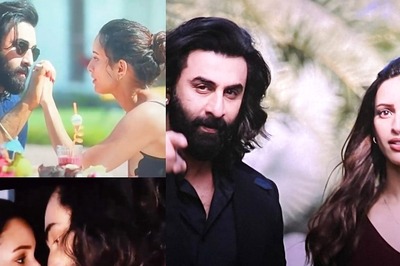

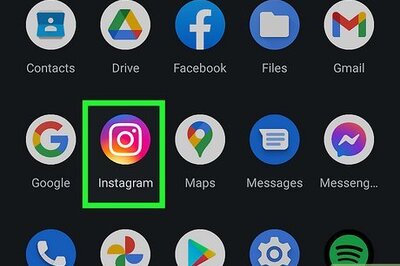
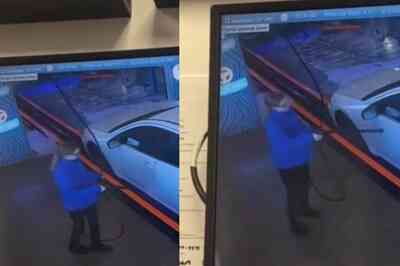
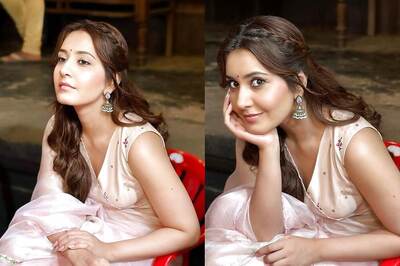
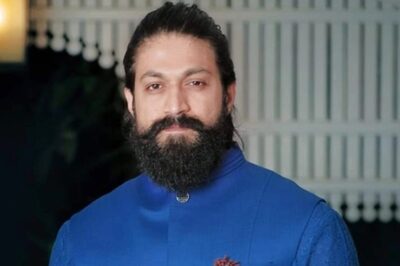
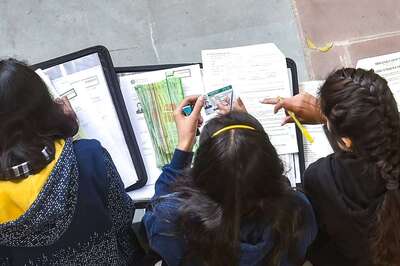
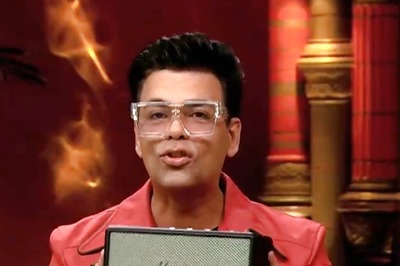
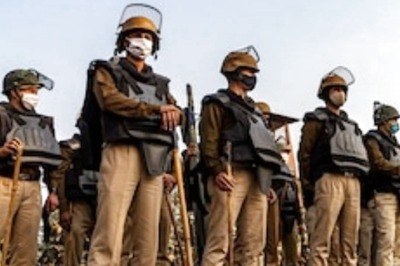
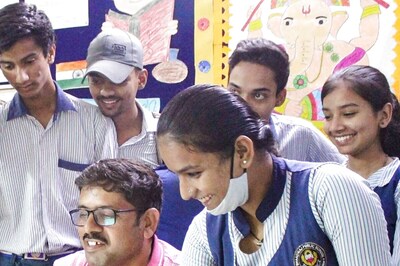
Comments
0 comment